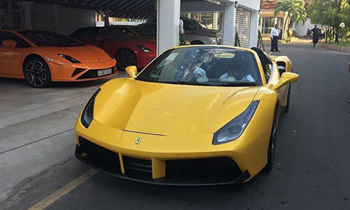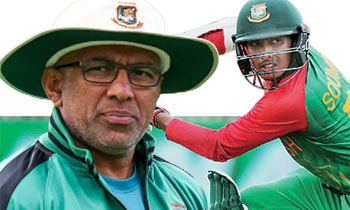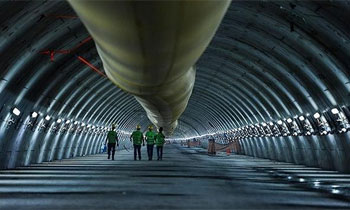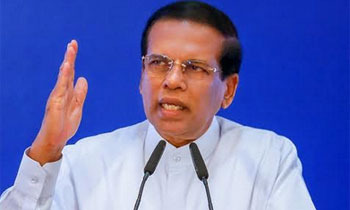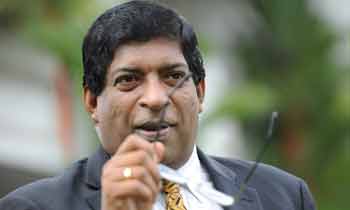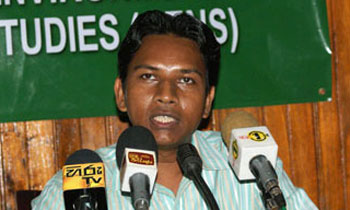
Subscribe
Login
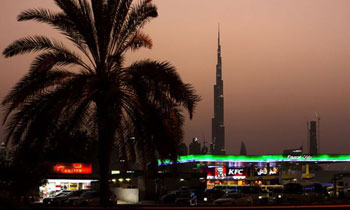 Value Added Tax (VAT) has been introduced in Saudi Arabia and the United Arab Emirates for the first time, BBC reported.
Value Added Tax (VAT) has been introduced in Saudi Arabia and the United Arab Emirates for the first time, BBC reported.
The 5% levy is being applied to the majority of goods and services.
Gulf states have long attracted foreign workers with the promise of tax-free living.
But governments want to increase revenue in the face of lower oil prices.
The tax kicked in on 1 January in both countries.
The UAE estimates that in the first year, VAT income will be around 12 billion dirhams (£2.4bn; $3.3bn).
Petrol and diesel, food, clothes, utility bills and hotel rooms all now have VAT applied.
But some outgoings have been made exempt from the tax, or given a zero-tax rating, including medical treatment, financial services and public transport.
Organisations such as the International Monetary Fund have long called for Gulf countries to diversify their sources of income away from oil reserves.
In Saudi Arabia more than 90% of budget revenues come from the oil industry while in the UAE it is roughly 80%.
Both countries have already taken steps to boost government coffers.
In Saudi Arabia this included a tax on tobacco and soft drinks as well as a cut in some subsidies offered to locals. In the UAE road tolls have been hiked and a tourism tax introduced.
But there are no plans to introduce income tax, where most residents pay 0% tax on their earnings.
The other members of the Gulf Co-operation Council - Bahrain, Kuwait, Oman, and Qatar - have also committed to introduce VAT, though some have delayed plans until at least 2019.
ceylon Tuesday, 2 January 2018 10:42
free oil will dry up during next few decades.solar and wind power replace oil.world is developing with new changess. via DM Android App
Reply : 1 13
Arnold Tuesday, 2 January 2018 12:13
That again is the best news for Saudis. If they cover just 5% of their unused desert for photo-voltaic panels they could generate all the power that is used in Europe. With 365 days of sunshine and vast flat land mass, they are planning to conquer the world of energy all over again. Moreover, all the raw material needed for making solar panels are just lying on the desert. They just have to scoop it up and make the panels. Already Saudi is the top manufacturer of glass in the world. Last but not least it is a blessing the demand for oil is dropping so that they could use more of the oil to make plastics, fertilizer and thousands of other products which gives them a much higher price. Already Saudi is THE top supplier of feedstock to all plastic and chemical industries, so much so every single person on earth will be having something on him that originated in Saudi soil, may it be the button on his shirt all the way to the fuselage of the plane he is flying in. I remember reading in the back of a trishaw "ALL FOR THE BEST", and it is so true for the Saudis.
Reply : 1 6
Lord Wolfstein Tuesday, 2 January 2018 10:56
When the oil resources are used up, they will again be traveling through the desert with camels
Reply : 14 15
Arnold Tuesday, 2 January 2018 12:24
To make them travel on top of camels again will take a lot of effort from your side. You will have to stop using all packaging, all plastics, all fertilizer, all paints, all fabrics, all asphalt,etc. etc. Almost all of these items originate in the Gulf. Selling less oil is a blessing for them as they could sell more chemicals, fertilizer, plastic feedstock for a much higher price. FYI even the ethanol in your glass of arrack probably came from Saudi or gulf.
Reply : 1 7
kukula Tuesday, 2 January 2018 11:18
Will they shut down shops and block roads demonstrating?Like in Sri Lanka?
Reply : 1 15
lili Tuesday, 2 January 2018 11:21
UAE bubble is about to burst ..
Reply : 10 9
Heaven Tuesday, 2 January 2018 11:25
Tax Heaven comes to an end. Every government need money for their public spending.Having siad this, the government loses money due to CORRUPTION.
Reply : 0 15
Rasheed Tuesday, 2 January 2018 12:24
Sign of corruptions.
Reply : 3 0
 Value Added Tax (VAT) has been introduced in Saudi Arabia and the United Arab Emirates for the first time, BBC reported.
Value Added Tax (VAT) has been introduced in Saudi Arabia and the United Arab Emirates for the first time, BBC reported.
The 5% levy is being applied to the majority of goods and services.
Gulf states have long attracted foreign workers with the promise of tax-free living.
But governments want to increase revenue in the face of lower oil prices.
The tax kicked in on 1 January in both countries.
The UAE estimates that in the first year, VAT income will be around 12 billion dirhams (£2.4bn; $3.3bn).
Petrol and diesel, food, clothes, utility bills and hotel rooms all now have VAT applied.
But some outgoings have been made exempt from the tax, or given a zero-tax rating, including medical treatment, financial services and public transport.
Organisations such as the International Monetary Fund have long called for Gulf countries to diversify their sources of income away from oil reserves.
In Saudi Arabia more than 90% of budget revenues come from the oil industry while in the UAE it is roughly 80%.
Both countries have already taken steps to boost government coffers.
In Saudi Arabia this included a tax on tobacco and soft drinks as well as a cut in some subsidies offered to locals. In the UAE road tolls have been hiked and a tourism tax introduced.
But there are no plans to introduce income tax, where most residents pay 0% tax on their earnings.
The other members of the Gulf Co-operation Council - Bahrain, Kuwait, Oman, and Qatar - have also committed to introduce VAT, though some have delayed plans until at least 2019.
ceylon Tuesday, 2 January 2018 10:42
free oil will dry up during next few decades.solar and wind power replace oil.world is developing with new changess. via DM Android App
Reply : 1 13
Arnold Tuesday, 2 January 2018 12:13
That again is the best news for Saudis. If they cover just 5% of their unused desert for photo-voltaic panels they could generate all the power that is used in Europe. With 365 days of sunshine and vast flat land mass, they are planning to conquer the world of energy all over again. Moreover, all the raw material needed for making solar panels are just lying on the desert. They just have to scoop it up and make the panels. Already Saudi is the top manufacturer of glass in the world. Last but not least it is a blessing the demand for oil is dropping so that they could use more of the oil to make plastics, fertilizer and thousands of other products which gives them a much higher price. Already Saudi is THE top supplier of feedstock to all plastic and chemical industries, so much so every single person on earth will be having something on him that originated in Saudi soil, may it be the button on his shirt all the way to the fuselage of the plane he is flying in. I remember reading in the back of a trishaw "ALL FOR THE BEST", and it is so true for the Saudis.
Reply : 1 6
Lord Wolfstein Tuesday, 2 January 2018 10:56
When the oil resources are used up, they will again be traveling through the desert with camels
Reply : 14 15
Arnold Tuesday, 2 January 2018 12:24
To make them travel on top of camels again will take a lot of effort from your side. You will have to stop using all packaging, all plastics, all fertilizer, all paints, all fabrics, all asphalt,etc. etc. Almost all of these items originate in the Gulf. Selling less oil is a blessing for them as they could sell more chemicals, fertilizer, plastic feedstock for a much higher price. FYI even the ethanol in your glass of arrack probably came from Saudi or gulf.
Reply : 1 7
kukula Tuesday, 2 January 2018 11:18
Will they shut down shops and block roads demonstrating?Like in Sri Lanka?
Reply : 1 15
lili Tuesday, 2 January 2018 11:21
UAE bubble is about to burst ..
Reply : 10 9
Heaven Tuesday, 2 January 2018 11:25
Tax Heaven comes to an end. Every government need money for their public spending.Having siad this, the government loses money due to CORRUPTION.
Reply : 0 15
Rasheed Tuesday, 2 January 2018 12:24
Sign of corruptions.
Reply : 3 0

